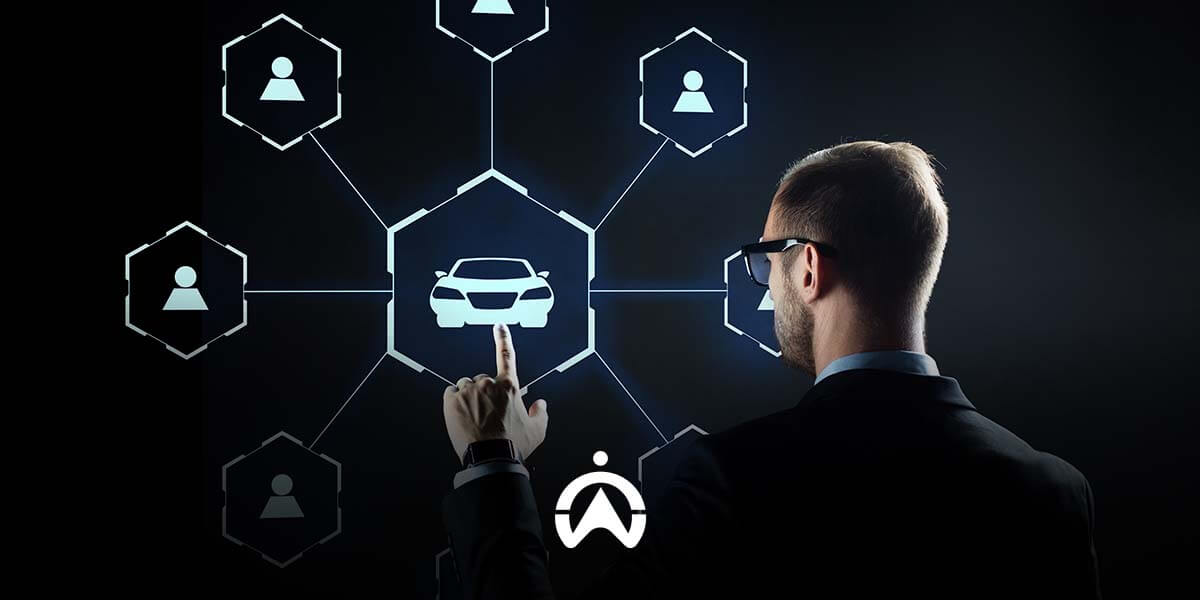You may have some questions on fleet management vs telematics, and we’ve got the answers you need. Many people in the logistics industries don’t understand the difference between fleet management systems and telematics. Although they’re different entities, they work together to make sure your fleets are fully optimised
The difference between telematics and fleet management software is that telematics gathers data, while fleet management software transforms that data into practical insights. Telematics acts as the hardware and connectivity layer, keeping track of your vehicle’s location, driving habits, and performance. Fleet management software functions as the brain, converting that raw data into smart decisions.
Fleet management software is a nifty digital tool that assists businesses in monitoring, strengthening, and keeping track of their fleets. Fleet management software lets you schedule maintenance, keep an eye on driver safety, automate reports, and manage your costs with ease.
Fleet telematics, also known as vehicle telematics, is seen as a combination of telecommunication and information. It’s a system that gathers GPS tracking data alongside a range of vehicle-specific details. Along with other vehicle-specific data points, the system collects GPS tracking information and stores it in a database.
The best software for fleet tracking seamlessly integrates with your business, aligning with your goals and objectives, all while catering to your industry.
With Cartrack, you can:
There isn’t a single price tag on fleet management software. The cost of a fleet management system will vary, and it will be influenced by a number of aspects.
These aspects include:
If your business has a fleet, you’ll find that there are major benefits to using telematics in fleet management.
These benefits include:
When it comes to the largest and most trusted telematics provider, Cartrack comes up right on top. They have over 2.4 million active subscribers across 23 countries, as the company grows each year.
Your fleet is a crucial part of your business. How well it operates directly impacts your revenue, and ignoring fleet management can cost you thousands, if not millions, of rands. Cartrack has been in operation since 2001 and has been growing and staying ahead of the curve for longer than most. Which is exactly why you should choose them as your telematics and fleet management provider.
To an extent, yes, GPS is part of telematics, but it doesn’t cover everything. Telematics is much more expensive, bringing together GPS tracking with other tech like telecommunications and on-board diagnostics. This integration allows you to gather and share a variety of data, including vehicle speed, fuel consumption, and engine health.
Implementing fleet software can be tricky, but today's solutions focus on user-friendliness, and a solid strategy can make the transition seamless. The level of difficulty mainly depends on how prepared your organisation is, the complexity of your operations, and the software you select.
One of the biggest challenges fleet management faces is juggling operational costs while prioritising safety and efficiency. This means keeping a close eye on expenses such as fuel and maintenance while ensuring driver safety and compliance. Other key challenges include tackling driver shortages and retention, staying on top of regulatory requirements, and navigating outdated manual processes or disjointed data for decision-making.
Your Key Performance Indicators (KPI) in fleet management are measurable metrics that are used to evaluate how effectively a fleet is meeting its objectives.
Some of the key metrics that are tracked are:






